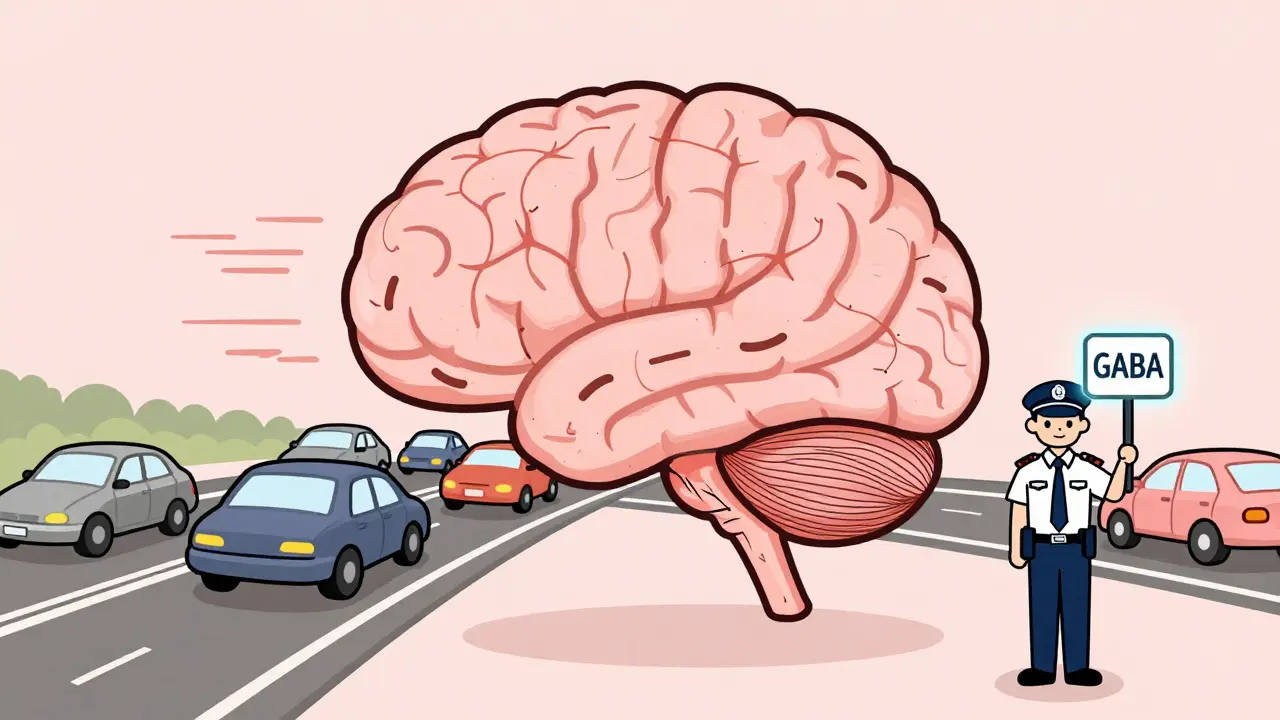Anxiety medication: what works, what to expect
Worried a pill will change who you are? You’re not alone. Medication for anxiety can calm symptoms, help you sleep, and make therapy more effective. But each drug class works differently, brings different side effects, and needs different care. This page cuts through the noise and gives straightforward, practical info so you can talk clearly with your doctor.
Common drug classes and what to expect
Start with the basics: doctors usually pick a medicine based on your symptoms, past responses, and other health issues.
SSRIs (selective serotonin reuptake inhibitors) — examples: sertraline, escitalopram. Often first choice for long-term anxiety control. Benefits usually start in 2–6 weeks and build over several months. Side effects: nausea, sleep changes, and sometimes reduced libido. Don’t stop suddenly.
SNRIs (serotonin-norepinephrine reuptake inhibitors) — example: venlafaxine. Works like SSRIs for many people but can cause blood pressure rises in some. Expect similar timelines and withdrawal risk if you stop too fast.
Benzodiazepines — examples: alprazolam, clonazepam. These calm anxiety quickly and are useful for severe spikes or short-term relief. They act fast but carry dependence and sedation risks. Best used for short periods or occasional use under strict guidance.
Buspirone and others — buspirone is for chronic anxiety and doesn’t sedate or cause dependence, but it takes weeks to work. Beta-blockers (propranolol) can help physical symptoms like shaking for performance anxiety. Your doctor may suggest alternatives depending on your health or if you can’t take standard meds.
Practical tips for safer use
Keep things simple and safe with clear steps.
1) Give it time. Most antidepressant-type meds need 4–8 weeks to show benefit. If you don’t feel better by then, talk to your prescriber before quitting.
2) Watch for side effects and interactions. Alcohol can make sedating drugs dangerous. Tell your doctor about other meds, supplements, and liver or kidney problems.
3) Don’t stop abruptly. Many anxiety meds cause withdrawal if you stop suddenly. Plan a taper with your prescriber.
4) Combine treatments. Medication works best with therapy, sleep, exercise, and stress tools. Think of meds as one part of a plan, not the whole plan.
5) Keep a medication list and a symptoms diary. Note dose, time of day, side effects, sleep, and anxiety levels. That record makes follow-up visits more useful.
If you notice worsening mood, new thinking of harming yourself, or dangerous drowsiness, get help right away. Ask questions: how long until effects, what side effects to expect, how we’ll stop the drug safely, and what alternatives exist. Clear, direct questions help your prescriber choose the best, safest option for you.
- Colin Hurd
- Feb, 2 2026
- 8 Comments
Benzodiazepines: What They Do, Why They're Risky, and How to Use Them Safely
Benzodiazepines offer fast relief for anxiety and panic but carry high risks of dependence and withdrawal. Learn when they’re appropriate, how to use them safely, and what alternatives actually work long-term.
- Colin Hurd
- Jan, 8 2025
- 8 Comments
Exploring Alternatives to Atarax for Anxiety Relief
Discover nine effective alternatives to Atarax, a medication commonly used to treat anxiety and allergies. This article provides a detailed overview of each alternative, highlighting their pros and cons to help readers make informed choices. Learn about various non-medication options, natural remedies, and other prescription drugs that can offer relief for anxiety symptoms. Understand the benefits and limitations of each alternative to make an informed decision on managing anxiety effectively.


